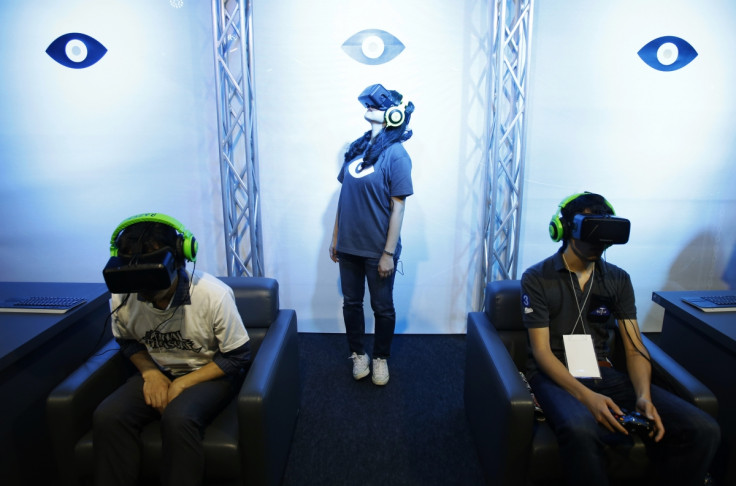Facebook wants to build virtual reality 'teleporter' by 2025

By 2025, Facebook believes it will have built a teleporter. But not as we know it; instead of using the website to whisk you off on holiday at a moment's notice, users will use virtual reality to be taken into a different, but believable, virtual reality world.
This is the ambitious vision of chief technical officer Mike Schroepfer, who says Facebook "wants to build a device that allows you to be anywhere you want, with anyone, regardless of geographic boundaries". This future will make use of Oculus, the virtual reality company bought by Facebook for $2bn (£1.3bn), which is busy preparing a consumer version of the Rift VR headset.
While VR headsets present fairly believable visuals that trick your mind into believing your are somewhere else, the challenge for Facebook over the coming decade will be to make VR feel real as well as look real. Oculus' touch controller is already in development to bring a tacticity to VR.
Facebook is also working to close the void between virtual and reality by using touch controllers to show your physical movements to other VR users. Being able to look down at your hands then across to friends you can hear and recognise is key to making VR work. This is something IBTimes UK recently experience with vTime, a VR system that lets multiple people "see" each other in a virtual world of their choosing.
So too is being able to interact with the virtual environment, something Oculus and Facebook will need to work out before VR takes the step from being a fun visual experience to something genuinely useful. Oculus' controller, launching towards the middle of 2016, will come with a development tool called Medium. Referred to by Oculus as "digital clay", Medium will let users sculpt 3D objects in virtual reality using the controller.
© Copyright IBTimes 2025. All rights reserved.






















